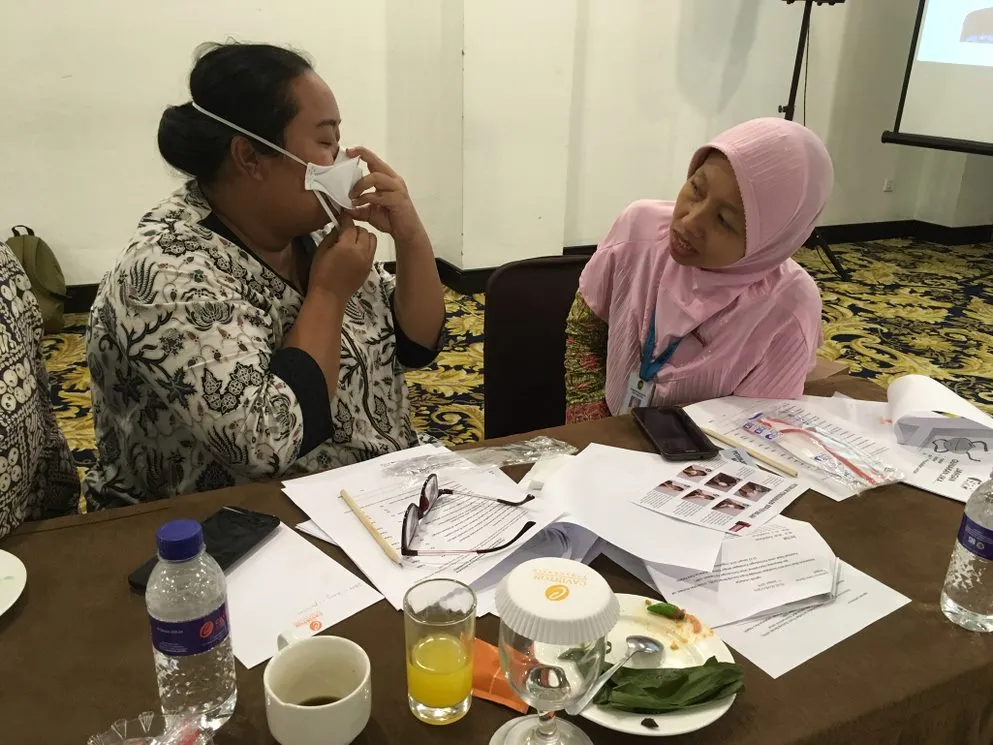Evidencing the effectiveness of facemasks to protect from volcanic ash

Ten per cent of the world’s population lives near an active volcano, mostly in low-resource countries. When a volcano erupts, humanitarian agencies often distribute facemasks to protect people from inhaling ash, but little evidence has been available on the effectiveness of facemasks, or guidance on their safe use.
This study took place over a four-year period (2015-2019), and produced critical evidence on which facemasks provide the best protection during a volcanic eruption, and on acceptability of facemasks for users. The project directly impacted responses to volcanic eruptions in Guatemala, Hawaii and Indonesia, enabling humanitarian responders to provide the most effective masks and improving public health messaging. Supported by the Pan American Health Organization (PAHO), the study continues to inform policy and practice and has received recognition from the World Health Organization (WHO).
R2HC captures detailed case studies through a process that triangulates and validates evidence on uptake and impact. The case study methodology and full version of this summary case study including references are available on request. Outputs and resources from this study are available on the project page.